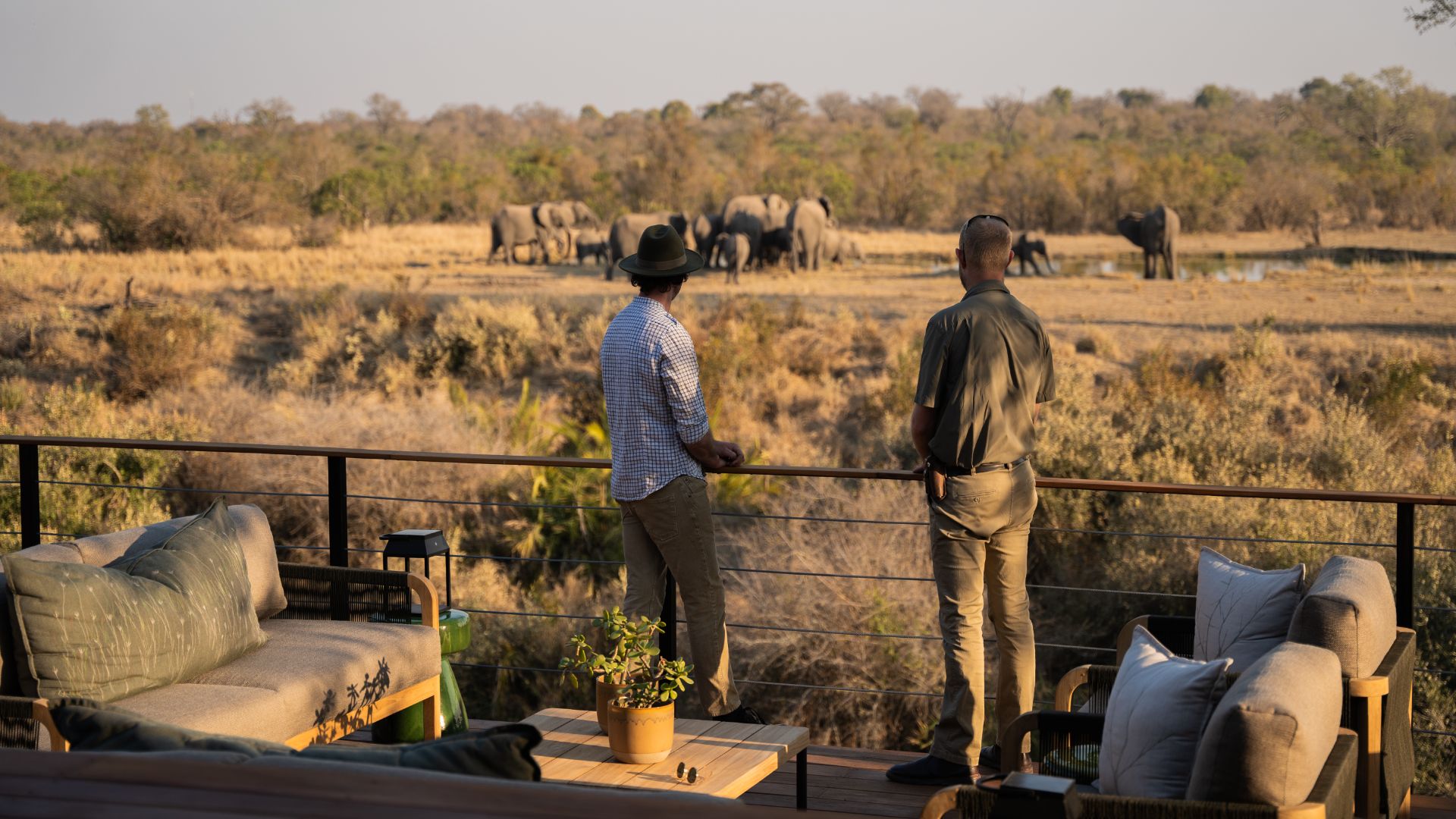
Meet a conservation power couple dedicating their work to ground-hornbill conservation in our neighbourhood!
Husband and wife team, Kyle (recently completing his PhD) and Carrie (currently working on her PhD) have been leading the research and conservation of southern ground-hornbills in the Greater Kruger Park for the last seven years as part of a longterm study run by the FitzPatrick Institute of African Ornithology that has spanned the last 23 years.
Start listening now

They've tracked breeding behaviour, group dynamics, vocalisations, and the impact of changing environmental factors on these endangered "thunderbirds" through mannnnnnny hours of field work followed by even more hours spent recording and reporting their findings. It is a true dedication for science and for the species that so few people even know is threatened.



The combined work of installing artificial ground-hornbill nests by the APNR Ground-Hornbill Project and the Mabula Ground-Hornbill Project has resulted in an upward trend in the population growth rate of ground-hornbills in the Lowveld, whereas in other places these birds still exist, their status remains severely threatened.


Kyle and Carrie live in Hoedspruit and are a part of the BHS ecosystem. We've accompanied them in the field, been allowed the unique privilege of peering into an active ground-hornbill nest, observed their careful handling and data capturing of these precious chicks, and had the honour of supporting their passion project (also for conservation), Nature on Tap.
In this episode of our podcast, you'll hear about some of the WILD stories from their many years walking through the bush, what weird and wonderful discoveries they've made while monitoring these nests, and learn some fascinating truths about these remarkable birds. During the recording of this interview, Kyle helped us remove and measure a 2.8m long black mamba skin from the roof of our lodge (we found the actual snake the next day and it is still said to be living in the roof...) and we got to join an early morning "nest check" the next day.

We're delighted to introduce you to some truly lekker people and know that you'll find their stories entertaining and their expertise something to admire. Definitely find them, follow them, and support them online via the links to the projects included in this post. Send them virtual support this festive season as their breeding birds have them up at 02h00 in order to get to some of the active nests deep in the Greater Kruger as the sun rises. Kyle and Carrie, you guys are legends!
Listen to this episode and more on your podcast platform of choice:





















